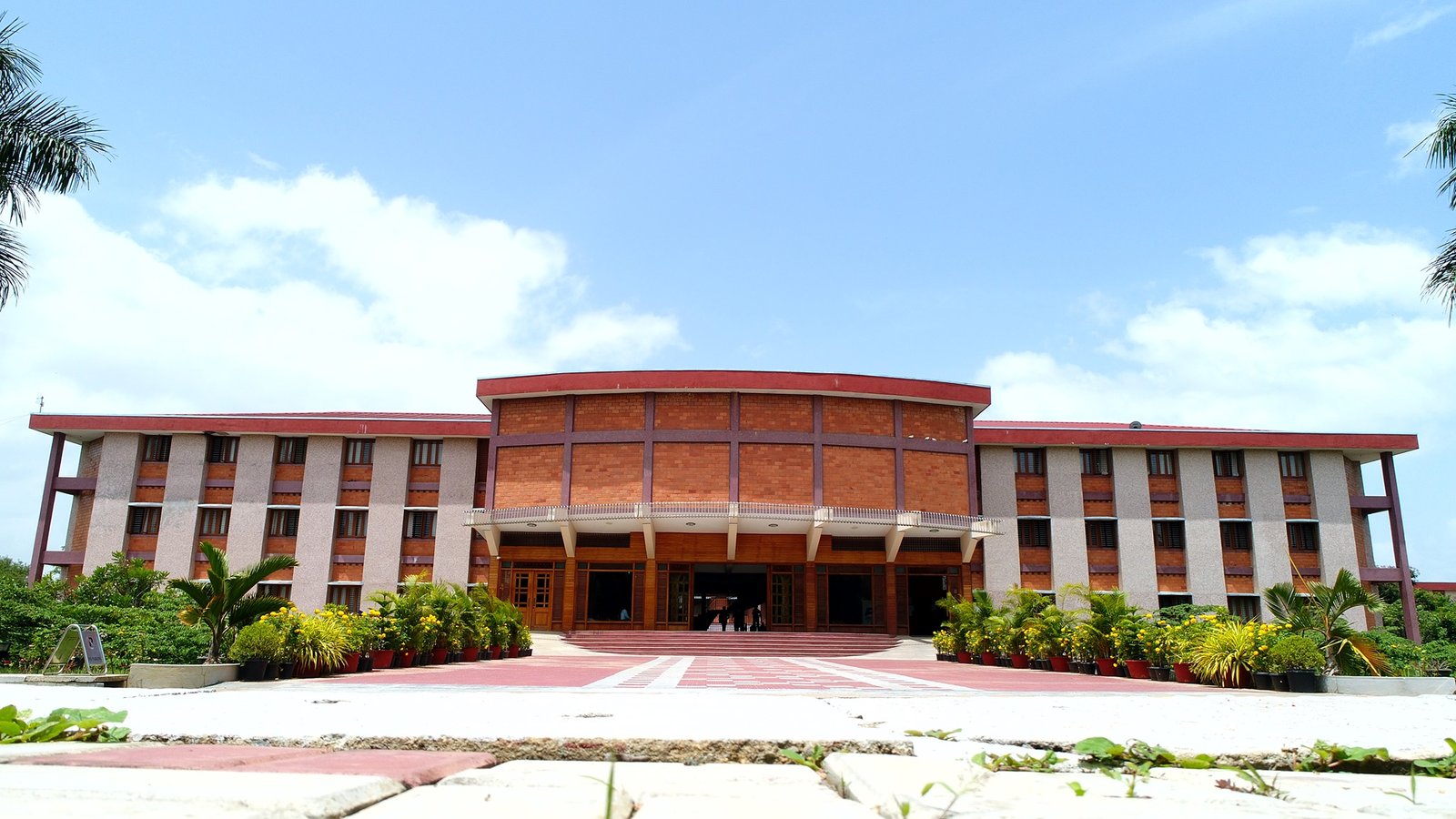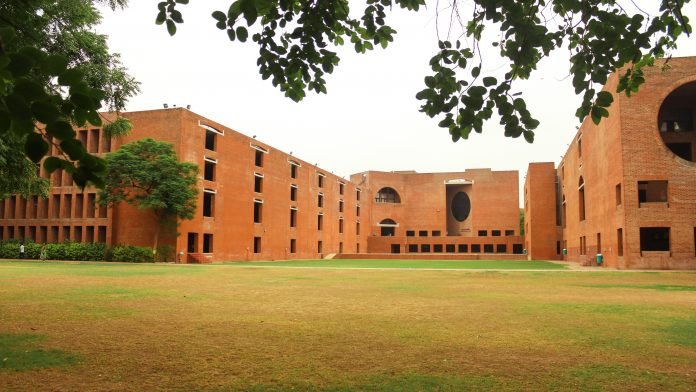Introduction
The All India Institute of Medical Sciences (AIIMS) stands as a beacon of excellence in healthcare education and medical research in India. Established to set a new benchmark in medical education, research, and patient care, AIIMS has evolved into a premier institution known for its contributions to healthcare and its role in shaping the future of medical education. This cover story explores the history, evolution, and impact of AIIMS, showcasing its journey from inception to its current status as a leading healthcare institution.
Historical Background
The Vision Behind AIIMS
The inception of AIIMS was driven by the vision to create a world-class institution that would set new standards in medical education, research, and healthcare delivery. In the early 1950s, the Indian government recognized the need for a premier medical institution that could address the country’s growing healthcare needs and contribute to the advancement of medical science.
Founding and Early Challenges
AIIMS was established by an Act of Parliament in 1956 with the goal of creating a top-tier medical institution that would offer undergraduate, postgraduate, and doctoral education in medicine and allied health sciences. The first AIIMS campus was set up in New Delhi, with the aim of providing high-quality medical education and advanced healthcare services. The early years were marked by challenges such as establishing infrastructure, recruiting faculty, and developing a comprehensive curriculum.
Pioneering Achievements
The founding of AIIMS marked a significant milestone in Indian healthcare. The institution was designed to serve as a model for medical education and research, combining academic excellence with cutting-edge patient care. The success of AIIMS in achieving these goals set a precedent for future medical institutions in India and around the world.
Evolution and Growth
Expansion of AIIMS
Following the success of AIIMS New Delhi, the concept of AIIMS was expanded to other regions across India. The government established several new AIIMS-like institutions in various states to improve access to quality medical education and healthcare services. These institutions, often referred to as “AIIMS institutions,” follow a similar model of education and healthcare delivery, tailored to meet regional needs.
Curriculum and Education
AIIMS institutions are known for their rigorous and innovative medical curriculum. The educational programs cover a broad spectrum of medical disciplines, including clinical, pre-clinical, and para-clinical subjects. The curriculum is designed to provide students with a comprehensive understanding of medical sciences, clinical skills, and research methodologies. AIIMS institutions also emphasize the importance of ethical practice and patient-centered care.
Research and Innovation
AIIMS has established itself as a leader in medical research, with a focus on advancing medical science and improving patient care. Research at AIIMS covers a wide range of areas, including clinical research, biomedical sciences, public health, and health policy. The institution is involved in groundbreaking research projects and collaborations with national and international research organizations.
Healthcare Delivery
AIIMS is renowned for its high-quality patient care and advanced medical services. The institution provides a range of healthcare services, from routine check-ups to complex surgeries, and serves as a referral center for patients with challenging medical conditions. AIIMS hospitals are equipped with state-of-the-art technology and staffed by highly skilled medical professionals.
Impact and Contributions
National and Global Impact
AIIMS has made significant contributions to healthcare in India and beyond. The institution has played a crucial role in addressing healthcare challenges, improving medical education standards, and advancing medical research. AIIMS graduates have gone on to make notable contributions in various fields of medicine, including clinical practice, research, and public health.
Training and Professional Development
AIIMS is instrumental in training the next generation of healthcare professionals. The institution offers a range of programs for medical students, residents, and fellows, providing them with the skills and knowledge required to excel in their careers. AIIMS also conducts continuing medical education programs and workshops for healthcare professionals to stay updated with the latest advancements in medicine.
Healthcare Policies and Public Health
AIIMS has been involved in shaping healthcare policies and addressing public health issues in India. The institution provides expertise and recommendations on health policy matters, contributes to national health programs, and participates in initiatives aimed at improving healthcare delivery and access.
Community Outreach and Service
AIIMS is committed to serving the community through various outreach programs and initiatives. The institution organizes health camps, awareness campaigns, and preventive health services to reach underserved populations and address public health challenges.
Current Status and Future Outlook
Modernization and Expansion
AIIMS continues to evolve and expand to meet the growing healthcare needs of the country. The institution is investing in modernization efforts, including upgrading infrastructure, enhancing research facilities, and incorporating advanced technologies into healthcare delivery. The establishment of new AIIMS institutions in different regions aims to improve access to quality medical education and healthcare services across India.
Global Recognition and Collaboration
AIIMS enjoys global recognition for its contributions to medical education, research, and healthcare. The institution is involved in international collaborations and partnerships, participating in global research initiatives and academic exchanges. AIIMS also attracts students and researchers from around the world, fostering a diverse and dynamic academic environment.
Challenges and Opportunities
AIIMS faces ongoing challenges, including the need to address healthcare disparities, manage increasing patient volumes, and adapt to rapid advancements in medical technology. The institution is focused on leveraging opportunities to enhance its impact, such as expanding research capabilities, strengthening partnerships, and exploring innovative approaches to healthcare delivery.
Conclusion
The All India Institute of Medical Sciences (AIIMS) stands as a testament to the power of vision, dedication, and excellence in healthcare education and research. From its founding in the 1950s to its current status as a leading medical institution, AIIMS has consistently demonstrated its commitment to advancing medical science, improving patient care, and shaping the future of healthcare.
AIIMS’s legacy is reflected in its contributions to national and global healthcare, the success of its graduates, and its role as a pioneer in medical education. As AIIMS continues to lead in medical education and research, its impact will undoubtedly inspire future generations to pursue excellence in healthcare and contribute to a healthier world.





